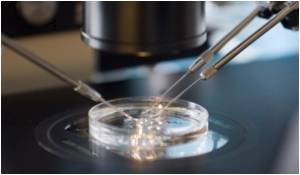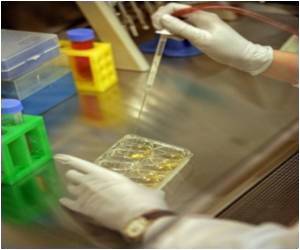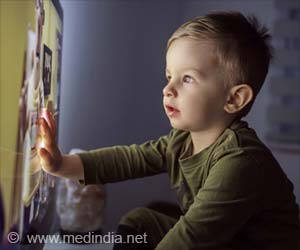Mackenzie Stephens was born with Turner Syndrome, a gene defect that results in an absence of ovaries.

But then, the question arises – would the children Mackenzie has, be her children – or her siblings?
Louisa Ghevaert, a family law expert states, “... the daughter would be the legal mother of the child she gives birth to, irrespective of the biology.’
Yet, there are ethical considerations that must be taken into account. Josephine Quintavalle, of the pressure group Comment on Reproductive Ethics, comments, “One has to think of the implications for any hypothetical child born of such inter-generational donation. The complexities of these relationships are often impossible to unravel.”
Besides the psychological problems that could result in the future, there is the reality of the syndrome being passed onto future generations. Turner Syndrome is a chromosomal abnormality that affects 1 in 2,000 girls. It is the cause of physical and mental problems. Mackenzie, now a two-year old, is already visiting a psychologist for her severe mood swings and she needs a daily growth hormone. She is also partially deaf and uses sign language.
Nevertheless, her mother, Penny has only one focus – Mackenzie should not lose out on becoming a mother one day. And if her sisters do not offer her their eggs, her mother’s are always there.
Advertisement
Source-Medindia









